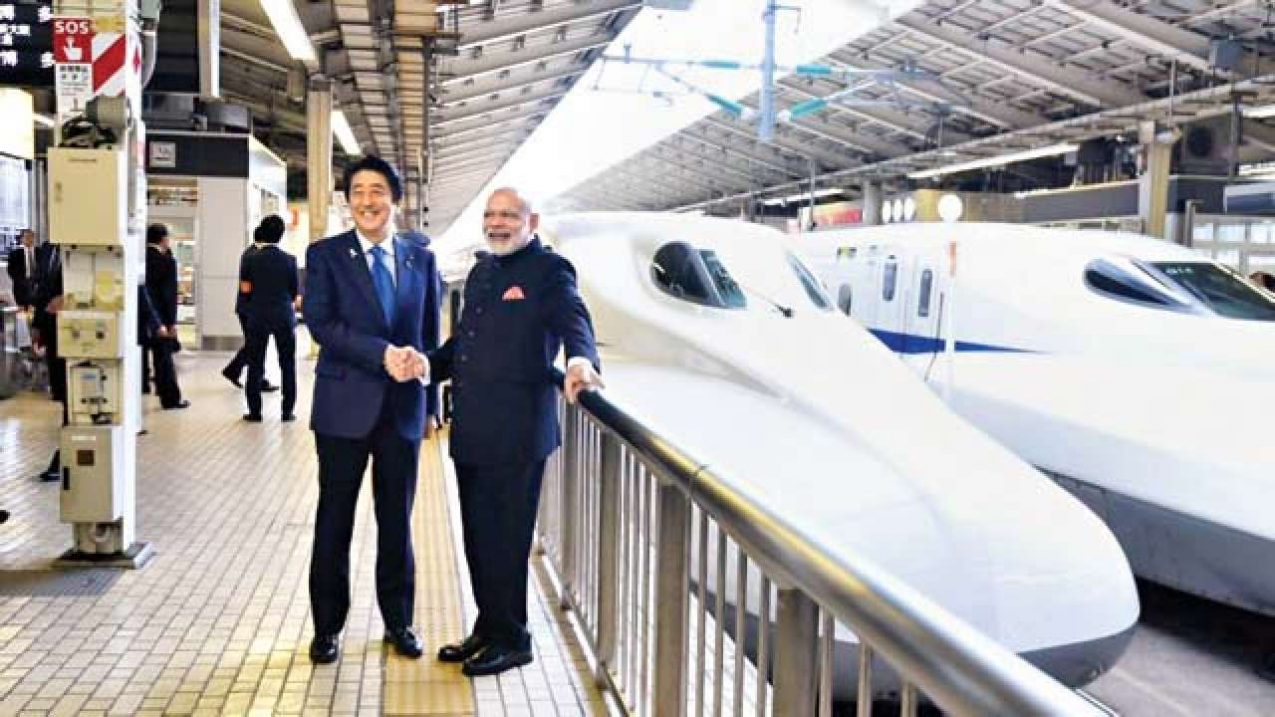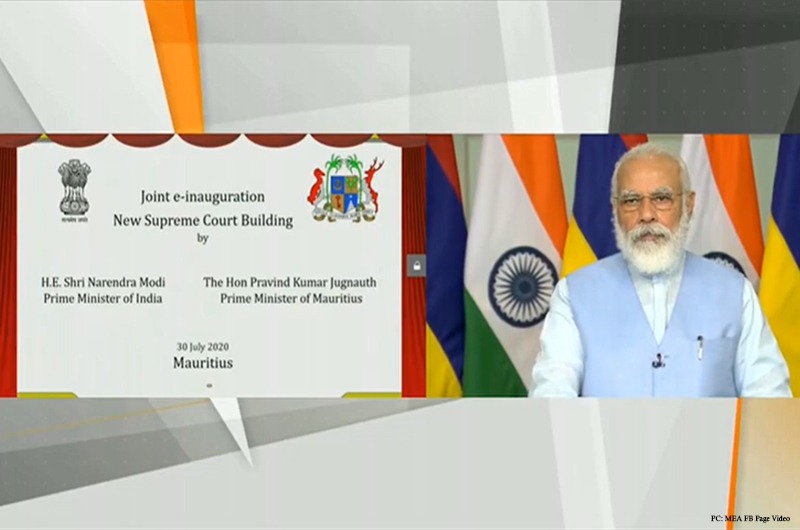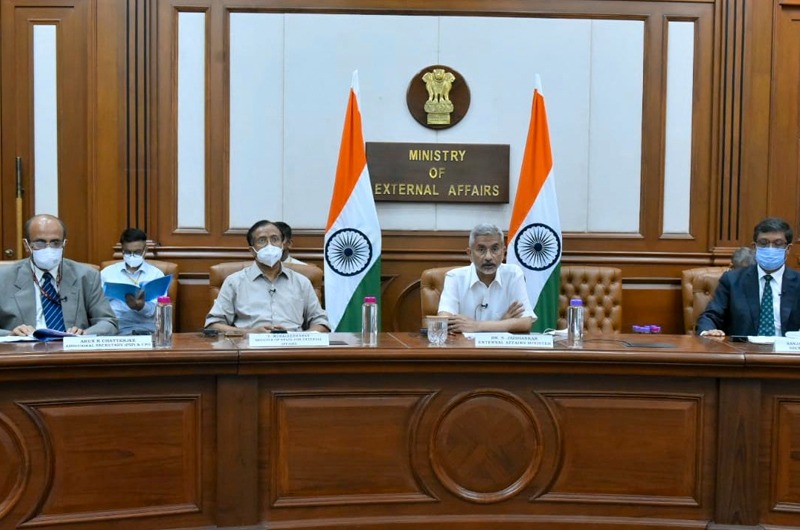Judging by the progress of the situation, India will miss her December deadline for acquiring land for the Japan-backed
$17 billion bullet train project due to protests by fruit growers. These protests will probably bring about a delay in one of Prime Minister Narendra Modi’s most ambitious projects.
The PMO’s office is currently observing the project on a week-to-week basis. Officers from the Indian government are trying to reassure Tokyo that these hurdles could be overcome through intense negotiations with sapota and mango growers in Maharashtra.
Local politicians have been backing the protests and their capacity and frequency have flared up in recent months against attempts by the government to secure sections of a 108-km stretch. This stretch forms around one-fifth of the whole bullet train passageway which will connect Mumbai with Ahmedabad—the biggest business town in Gujarat.
“I’ve worked hard for three decades to develop this plantation, and they are asking me to hand over this land,” said sapota farmer Dashrat Purav, 62. Purav, who has orchards in Palghar, said he would sell his land if even one of his unemployed sons was promised a government job.
According to two senior officers working for Indian Railways, failure to obtain the required land for the bullet train passage by the given deadline would inevitably delay disbursal of soft-loans by Japan International Cooperation Agency (JICA) that is reviewing the project next month.
A JICA spokesperson said, India should produce relocation plans for locals and make them public.
“It is possible that it takes time to sign a contract as India takes proper and careful measures in line with JICA’s guidelines for environmental and social considerations,” she said.
To ease Japan’s concerns, Indian officers have sought a gathering this month with the transport ministry officers in Tokyo. India desires the project’s completion date to be postponed by a year to 2022— the 75th anniversary of India’s independence.
“We will continue to work together with the Indian government to bring this project forward with an aim to start operation in 2023,” A Japanese transport ministry official said.
Japan is the prime funder for the train project and has provided India a 50-year loan. Japanese companies like Nippon Steel and Sumitomo Metal Corp, JFE Holdings, Kawasaki Heavy Industries, Mitsubishi Heavy Industries, Toshiba Corp, and Hitachi will probably provide 70% of the core components for the construction of the line, sources told Reuters at the start of 2018.
Modi believes the project to be a crucial step for his brainchild “Make in India” campaign aimed towards lifting the share of manufacturing in India’s $2 trillion economy. The Indian government hopes to create many job opportunities through the train project, and is thus, pushing relentlessly to complete it on time.
Ashwani Lohani, Chairman of the Indian Railway Board, said the problems with farmers weren’t insurmountable.
The government has offered to buy land from farmers at a 25% premium to the market value. Farmers are also being offered compensation for resettlement at ₹5,00,000 ($7,409) or 50% of the land price, whichever is higher.









